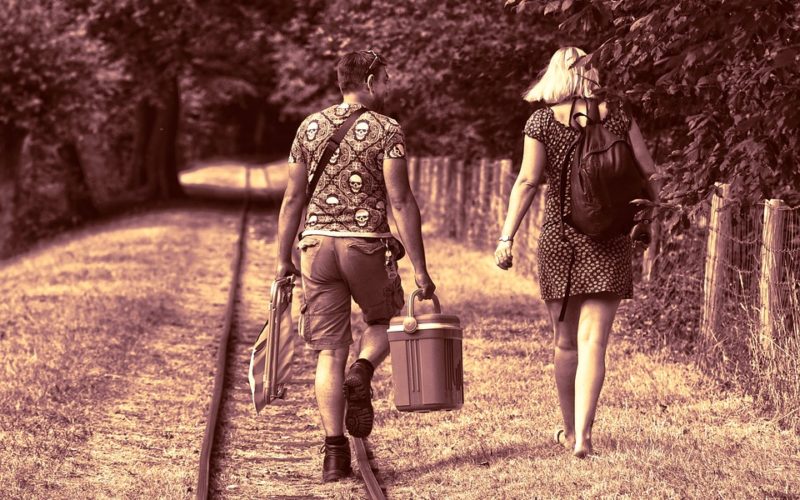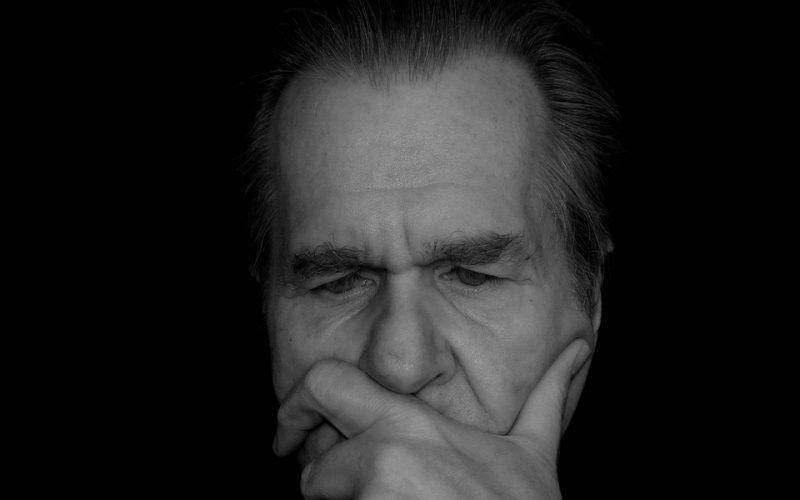Being in a relationship that is emotionally, verbally or physically abusive can be a very confusing and difficult experience for anyone. In moments of distress it may be hard to know what the signs are that you are being abused - particularly if your partner hasn't been so obviously cruel but has instead relied on subtle, manipulative tactics such as guilt-tripping or isolating you from friends and family. It is important to recognise when an unhealthy relationship dynamic has formed and seek help soon as possible should this be the case - so we have compiled some advice here about exactly what behaviour typically constitutes emotional, verbal or physical abuse within relationships.
Identifying warning signs
Abusive relationships can be difficult to recognise, especially since they often start off seemingly normal. However, it is crucial to be aware of warning signs that could indicate the presence of abuse. These can include extreme jealousy or possessiveness, controlling behaviour, isolation from family and friends, explosive anger, physical violence, and threats of harm.
It is important not to dismiss these behaviours as merely a bad temper or a sign of love, as they indicate a pattern of power and control. If you or someone you know is experiencing any of these warning signs, seeking help from professionals, friends, or family can be crucial in breaking free from an abusive relationship.
Different types of abuse
Abuse can take many forms, and it's important to understand them in order to recognise when it's happening. Physical abuse involves any type of physical harm, such as hitting, kicking or pushing. Emotional abuse can be harder to identify, and includes things like belittling, gaslighting or isolating someone from their friends and family. Sexual abuse involves any type of unwanted sexual activity, whether it be physical or verbal.
Financial abuse is when someone controls and manipulates another person's finances. Lastly, there is neglect, which is when someone fails to provide necessary care for someone else, such as adequate food, shelter and medical attention. Understanding these different types of abuse is the first step towards recognising and preventing it.
Reaching out to professionals
If you ever find yourself in an abusive situation, it's essential to know that there is always help available. Reaching out to professionals for guidance can be a crucial step towards safety and healing. Whether you confide in a therapist, social worker, or counsellor, you'll be speaking to someone who has experience dealing with abusive situations.
These professionals can offer you a safe space to share your story, provide information about your legal options, and connect you with community resources that can offer additional support. Remember, you don't have to face abuse alone. There are always people and resources available to help you navigate this challenging time and take steps towards a healthy, safe future.
Creating a safety plan
If you are in a relationship where your safety is at risk, having a safety plan in place can provide you with a way to escape the situation. While it may not be easy to leave, having a plan can give you a sense of control and a clear path to follow.
Some steps you can take include identifying a safe place to go, packing an emergency bag with important documents, creating a signal for friends or family to know when you need immediate help, and informing your workplace or school about the situation. Remember, leaving a relationship may be difficult, but prioritising your safety is crucial. If you need help creating a safety plan, there are resources available to assist you.
Friends and family
If you or someone you know is suffering from abuse, it can be a difficult and isolating experience. It's important to know that you are not alone and that there are people in your life who are ready and willing to offer support. This can include friends and family members who can provide a listening ear, a safe space to talk, and practical assistance when needed. You may feel afraid or ashamed to share your experience, but reaching out for help can be a critical step towards healing and recovery.
Remember, seeking support is a sign of strength, not weakness. If you're not sure who to turn to, there are also many resources available through hotlines, support groups, and online communities that can connect you with trained professionals and other survivors who understand what you're going through. Don't suffer in silence.




















